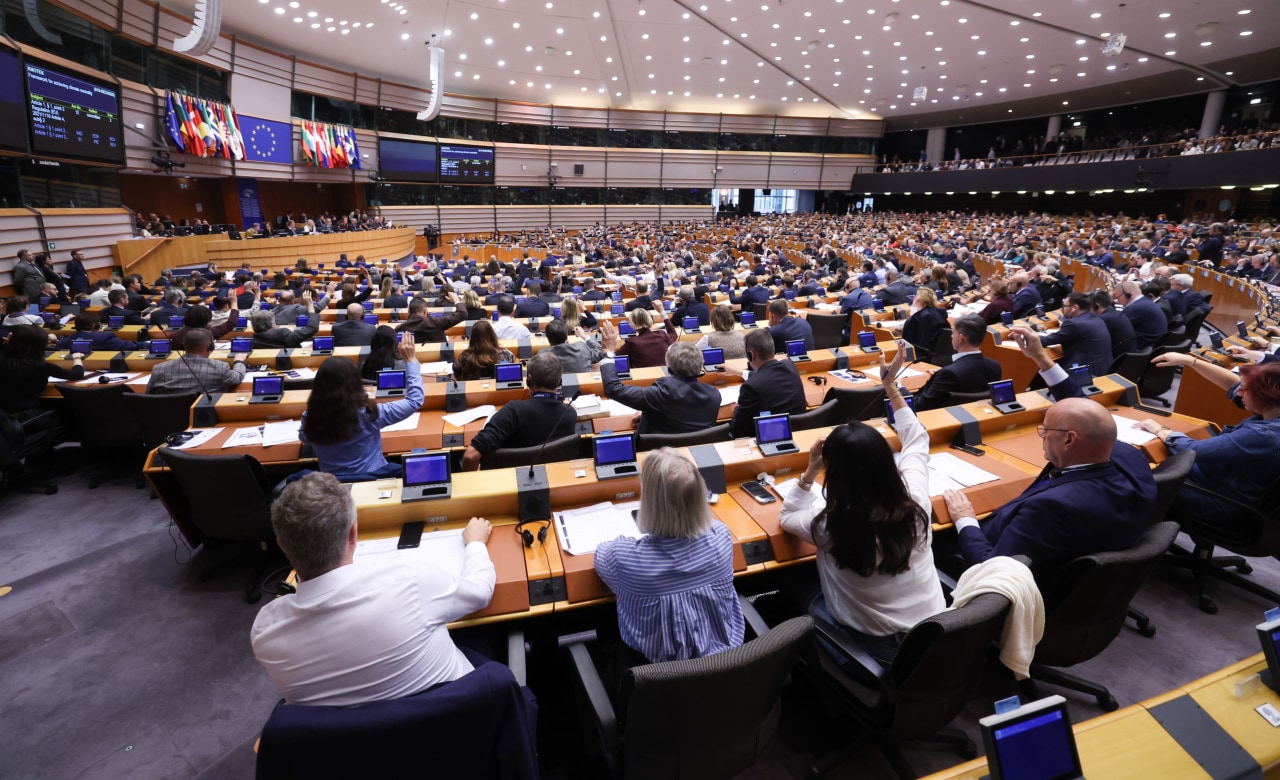The European Union is shifting towards more business-friendly policies in response to growing economic challenges. Recent developments indicate that the EU is adopting milder regulations to stimulate growth and attract investment. This change comes at a crucial time as member states face rising inflation and economic stagnation.
The European Commission has recently announced a series of measures aimed at fostering a more favorable business environment. These initiatives include simplifying existing regulations and encouraging innovation through reduced bureaucratic obstacles. The aim is to boost economic resilience, particularly as the EU grapples with the aftermath of the COVID-19 pandemic and ongoing geopolitical tensions.
New Regulations Signal Change
Pro-business regulations are gaining traction within the EU, suggesting a potential awakening to the economic perils facing the region. For years, the EU has been criticized for its stringent regulatory framework that often stifled innovation and investment. By pivoting towards a more flexible approach, the European Commission hopes to invigorate the economy and support businesses in their recovery efforts.
According to a report from the European Commission, businesses have expressed optimism regarding these changes. The survey indicates that approximately 65% of companies anticipate a positive impact on their operations due to the new regulatory environment. This shift aligns with the EU’s broader goal of creating a more competitive market that can stand against global economic pressures.
The new policies are expected to be rolled out in phases, with member states encouraged to tailor their implementation strategies to local economic conditions. This localized approach aims to ensure that businesses across the EU benefit from the reforms while addressing specific regional challenges.
Investment Strategies and Future Outlook
As part of its commitment to enhancing economic growth, the EU is also focusing on attracting foreign investment. The European Commission is actively promoting the region as a prime destination for international businesses looking to expand their operations. In a recent statement, the Commission highlighted that foreign direct investment in the EU has the potential to create thousands of new jobs and stimulate local economies.
The shift towards a pro-business climate reflects a growing recognition among EU leaders that economic resilience requires adaptability. In light of this, the EU is prioritizing sectors such as technology, renewable energy, and sustainable agriculture. These areas are seen as vital for long-term growth and are expected to receive increased funding and support.
In conclusion, the European Union is taking significant steps to address its economic challenges through the adoption of pro-business policies. With the implementation of milder regulations and a renewed focus on attracting investment, the EU is positioning itself to navigate the complexities of the current global economic landscape. As these changes unfold, the impact on businesses and the overall economy will be closely monitored, with hopes that this new approach will foster a robust recovery.



































































